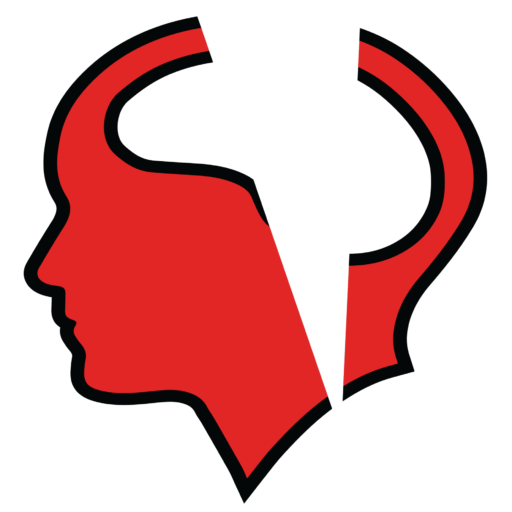In the rapidly evolving field of dementia care, the integration of neurocoaching, therapeutic golf, and industrial-organizational psychology presents a groundbreaking approach to enhance patient outcomes and improve healthcare settings. We had the privilege of speaking with Dr. John den Boer, a pioneer in applying innovative techniques to dementia research, about how these diverse disciplines converge to revolutionize dementia treatment and workplace dynamics in healthcare.
Integrating Diverse Therapies and Organizational Psychology in Dementia Care
Interviewer: Dr. den Boer, could you explain the importance of integrating industrial-organizational psychology with neurocoaching and golf therapy in dementia care?
Dr. den Boer: Absolutely. The integration of these fields is about creating a holistic approach to dementia care. By combining golf therapy and neurocoaching, we cater to the physical and cognitive needs of patients. Industrial-organizational psychology comes into play by optimizing the healthcare environment itself—improving team dynamics, organizational behavior, and ultimately, patient care. It’s about ensuring that every part of the healthcare system is aligned to support optimal outcomes for patients.
Legal and Ethical Considerations in Advanced Dementia Care
Interviewer: What are some of the legal and ethical considerations when applying these methods in a clinical setting?
Dr. den Boer: Legal considerations primarily focus on patient safety and data protection. With therapies like golf and neurocoaching, ensuring informed consent is crucial, especially given the vulnerabilities associated with dementia. Ethically, we must ensure equitable access to these innovative treatments and consider their broader impact on healthcare teams and organizational practices.
Interviewer: How does industrial-organizational psychology help navigate these challenges?
Dr. den Boer: It plays a critical role in understanding how teams work together and manage sensitive information, which is essential for complying with regulations like GDPR. Moreover, by studying and improving organizational structures, we can create a more supportive environment for both staff and patients.
The Role of Academia and Future Directions in Dementia Research
Interviewer: Can you speak about the role of academic institutions in advancing these integrated approaches?
Dr. den Boer: Academic institutions are crucial for fostering interdisciplinary research. They bring together experts in neurocoaching, golf therapy, and industrial-organizational psychology to explore new treatments and improve existing ones. Additionally, they are pivotal in training healthcare professionals who can implement these complex therapies effectively.
Interviewer: What do you see as the future of dementia treatment with these integrated therapies?
Dr. den Boer: The future is promising. We’re looking at more personalized approaches, where treatments like neurocoaching and golf are tailored to individual patients’ needs. With advances in AI and machine learning, we can also enhance our understanding of how these therapies impact dementia and optimize healthcare settings. It’s about creating a more adaptive, responsive healthcare system that meets the specific needs of each patient.
Overcoming Challenges and Ethical Considerations
Interviewer: What are the main challenges you foresee in integrating these therapies into mainstream dementia care?
Dr. den Boer: One of the biggest challenges is ensuring these innovative therapies are accessible to all patients, regardless of their socio-economic status. There’s also the challenge of training healthcare providers to effectively combine and apply these therapies in a clinical setting.
Interviewer: How do you balance innovation with ethical concerns?
Dr. den Boer: It’s about maintaining a patient-centered approach. We must continuously evaluate the ethical implications of our methods and strive to ensure that our innovations benefit patients ethically and equitably. As we advance, it’s crucial to keep the dialogue open among clinicians, researchers, and policymakers to address these concerns comprehensively.
Conclusion
Dr. John den Boer’s insights illuminate the potential of integrating industrial-organizational psychology, neurocoaching, and golf therapy in transforming dementia care. His visionary approach underscores the importance of a multi-disciplinary strategy that not only enhances patient care but also improves the operational dynamics of healthcare environments, paving the way for a more effective and compassionate approach to dementia treatment.
